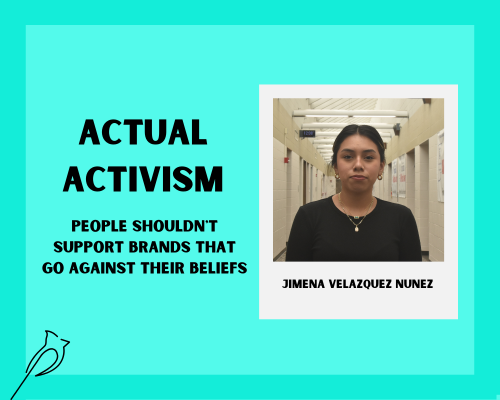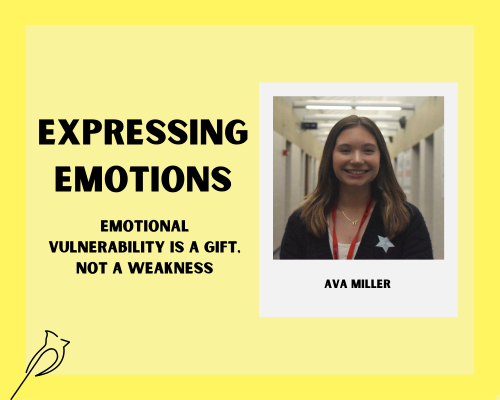Lou’s Clues: Smile more
So many people ask me if I’m actually as happy as I seem. I tell them, “I hope so.” Of course, their measure of happiness may not be the same as mine, but I do know that I hope my placement on my scale measures up to theirs or surpasses it. They ask me this question because that’s just what I am: a happy girl. Not to mention, I smile through everything. And that’s the trick: smile.
Smiling does more than make me seem happy to others. It legit makes me happy. The human brain uses smiling as a stress-reliever and pain-reliever, according to an article in Psychology Today by Sarah Stevenson, who has a degree in behavioral psychology and suggested smiling to her readers throughout the article. So, quick! Say cheese!
Back to the brain. Endorphins, which are what make us happy, are released when one smiles and those, along with serotonin and dopamine, trigger our reward centers. In other words, smiling makes people feel good, because we release the latter neuropeptides. Having a bad day? Try smiling. Having an okay day? Smile. Having a great day? Keep smiling.
It’s a happy cycle. Smiling more makes one happier, but also creates stronger smiling muscles, which will make it easier to smile more.
Plus, when I smile at someone in the hallway, they (usually) smile back. It’s simple to see why. Smiling is actually contagious. There was a Swedish study done by Marianne Sonnby–Borgström that showed a higher difficulty in participants expressing the opposite facial expression of another than it is to express the same. Those who choose not to smile back at me are making a conscious effort not to replicate my expression, missing out on its benefits and making me feel awkward. Oh well, though, I just keep smiling.
Remember this: smile first and smile back.
It does not only make myself happy, but triggers others to smile and be happier themselves. In the end all be all, there aren’t any downfalls to smiling.
To frowning, however, there are multiple downsides. Number one is that, unlike smiling, the wrinkles in one’s skin will be in what I, along with others, would consider unwanted spots, making that person seem endlessly upset. Or perhaps they are actually upset.
Frowning may be a result of sadness, but that may not always be the case. In listening to a podcast on the Radio Health Journal called Botox and Depression, I learned that sadness and/or depression can be a result of frowning. Once patients with depression got botox to stop them from frowning, one fourth of them “experienced complete remission” of their depression, as Nancy Benson said in the podcast. So, not only does smiling have great benefits, but by not smiling, and frowning instead, people are doing even more harm to themselves.
Think about that. Think about the power one holds within just the face. Smile to help yourself and others around you.

Hey, everyone! My name is Lyndsay Valadez, and I am the Digital Managing Editor of The Journal. Let me just say, all four of my years as a high schooler...













denny turpin • Nov 19, 2018 at 11:57 am
Lindsey let me just say that u are such a “cutie” that just looking at your picture makes me want to smile also !! Good luck sweetie !!!!!